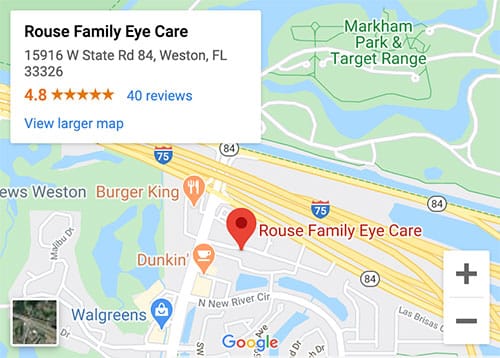Demodex-What I Have Learned
Demodex is a genus of microscopic, eight-legged, arachnid mites that live in the oil glands and hair follicles on the human body. They are roughly the size of half of a grain of salt and can migrate from gland to gland and person to person through contact with linens. The mites frequently inhabit the follicles of the eyelashes and eyebrows. One species lives within the specialized oil glands of the eyelid called meibomian glands.
When I attended Optometry school, Demodex was rarely discussed and was thought to be an innocuous occurrence. I no longer believe this is true. While Demodex can be asymptomatic, the topic is often lumped into a broader form of blepharitis, which is the inflammation of the eyelids. The proliferation of the mite can result in blepharitis, styes, chalazion, and dry eye due to the alternation of the function of the meibomian glands. Typical symptoms are itchy or scratchy eyes, redness, foreign body sensation, dry eye, tearing, eyelash loss and crusting of the eyelids. Demodex has been linked to acne rosacea and is found in over 30% of people 50 years old and older. So it is hardly rare and innocuous.
The treatment of Demodex differs from the management of blepharitis in that the goal is to de-bulk the population of the adult mite and avoid the re-infestation of offspring. The Demodex life cycle is between 2-4 weeks. Adult females lay around 15-20 eggs around the base of the hair follicles. Adult males can travel as far as 10 mm every hour, especially at night in search of a mate. Typical treatment is for 2 months.
Effective treatment starts with eliminating the debris and biofilm that accumulates on the surface of the lashes and the eyelids. That can be achieved by traditional treatments like baby shampoo and cotton swabs, but they have been shown to be difficult and have limited effectiveness. Our combined treatment of lid debridement with an in-office microblepharoexfoliation of the eyelashes coupled with a home-based eyelid treatment over a 2 month period has yielded very effective results.
For more information, please contact our office at 954-384-6200



Leave a Reply
Want to join the discussion?Feel free to contribute!